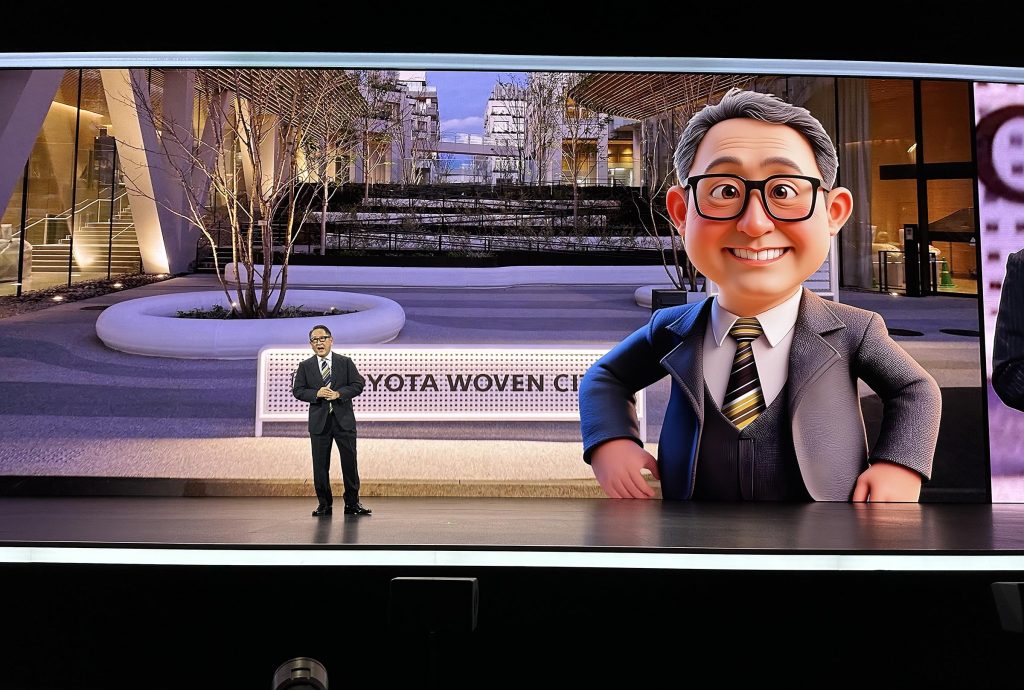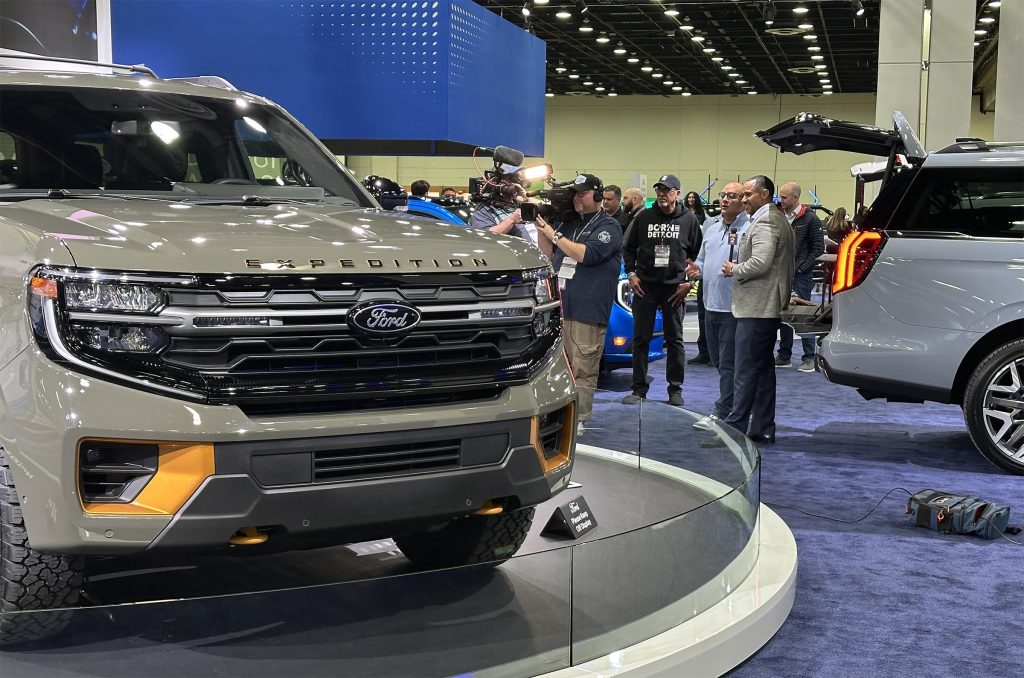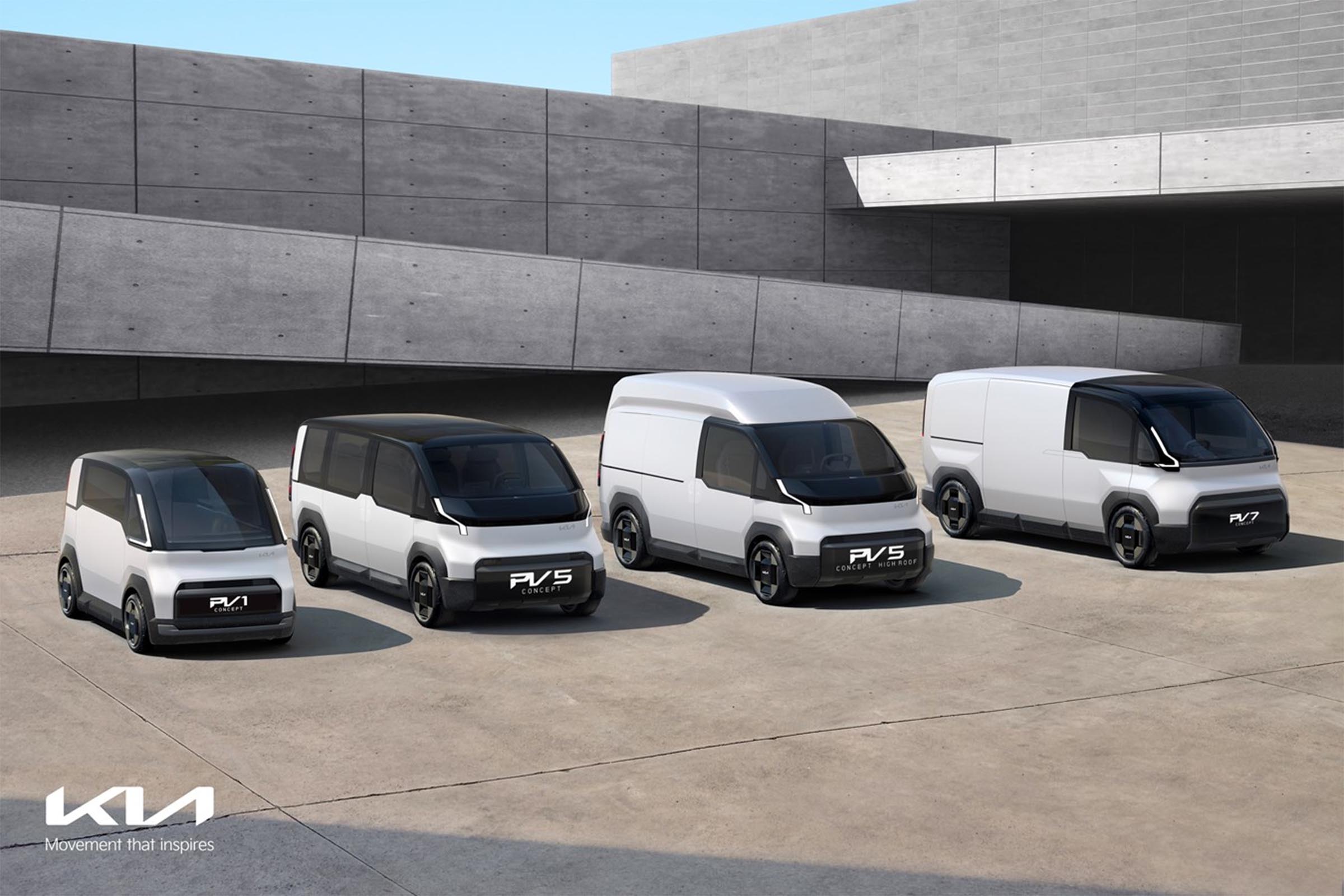New study reveals half of young Americans don’t want to buy a car as more young people move to public transportation and other mobility solutions.

A new survey highlights shifting mobility trends as many automakers double down on mobility solutions.
It’s no secret that more young people are moving away from cars often for a wide variety of reasons. Often some are anxious about driving with the act of driving being seen as a stressful part of life versus an enjoyable experience. The number of young people rejecting the traditional automobile has been slowly growing with the issue getting a large amount of attention during the COVID-19 pandemic.
A new survey from Deloitte provides more clarity on the subject, and reveals that automakers might have to grapple with a potentially serious issue in a few decades as they attempt to lure in Gen Z, Alpha, and Beta buyers into automobiles that are racing to become more digitally connected to the modern world.
Mobility is surging forward

The survey points to a potential problem for automakers as they attempt to win over younger buyers who are increasingly resisting new vehicle ownership.
Deloitte surveyed 1,000 U.S. residents with over 280 of these residents being between 18 to 34 years old. The study revealed that nearly half of the respondents were willing to give up traditional vehicle ownership with age appearing to play a large role in their findings with younger respondents more willing to give up owning an automobile versus older residents that were less willing to do so. The younger respondents confirmed they would be willing to instead embrace Mobility-as-a-service solutions a one-size-fits-all slice of jargon that bundles in everything from public transportation to alternative solutions like a scooter or a bicycle.
Across the roughly 1,000 Americans included in Deloitte’s most recent survey, age was the great dividing factor when it came to one’s affinity for car ownership. The survey grouped respondents into three age cohorts: 18 to 34, 35 to 54, and 55+. As you might expect, just 11% of respondents in the oldest group said they would be willing to give up vehicle ownership in favor of MaaS. A little over a third of respondents in the middle group, 35%, said they would give up vehicle ownership while nearly half, 44%, of Americans in the youngest group would do the same.
Mobility has been heavily promoted by some automakers with Ford and others moving towards operating models where mobility and the technology associated with these solutions becoming a greater part of their operations.
More Mobility Stories
- Whether U.S., France or Brazil, Motorists Wary of “New Mobility Solutions”
- Toyota Ready to Open Woven City, Its “Test Course for Mobility”
- Kia’s CES Concept Vehicle Offers “A Vision for Future Mobility”
Regional divide is disappearing

Urban centers remain hot spots for mobility solutions but the regional divide is disappearing among a growing pool of young people.
Typically the bulk of owners who are willing to embrace mobility solutions are usually in urban areas and while that core statistic is not changing, the regional divide between urban, suburban, and rural areas is slowly disappearing with more younger people willing to ditch cars no matter where they live. According to Deloitte’s findings, 47% of young respondents living in urban areas would be willing to give up car ownership. But shockingly, that percentage is even higher among young respondents in suburban and rural areas, 53% of whom said they would be at least somewhat willing to give up car ownership.
One flaw with this survey is the small respondent pool with the limited number of respondents not painting a broader picture of the trend as a whole. However, Deloitte is comfortable with the way the data was gathered and are also convinced that the survey provides an accurate window into the changing world of mobility and how the next generation of buyers will play a bigger role in influencing the direction of the automobile and the evolution of mobility.





Not in south Carolina if you don’t own a car you have take a Uber or taxi